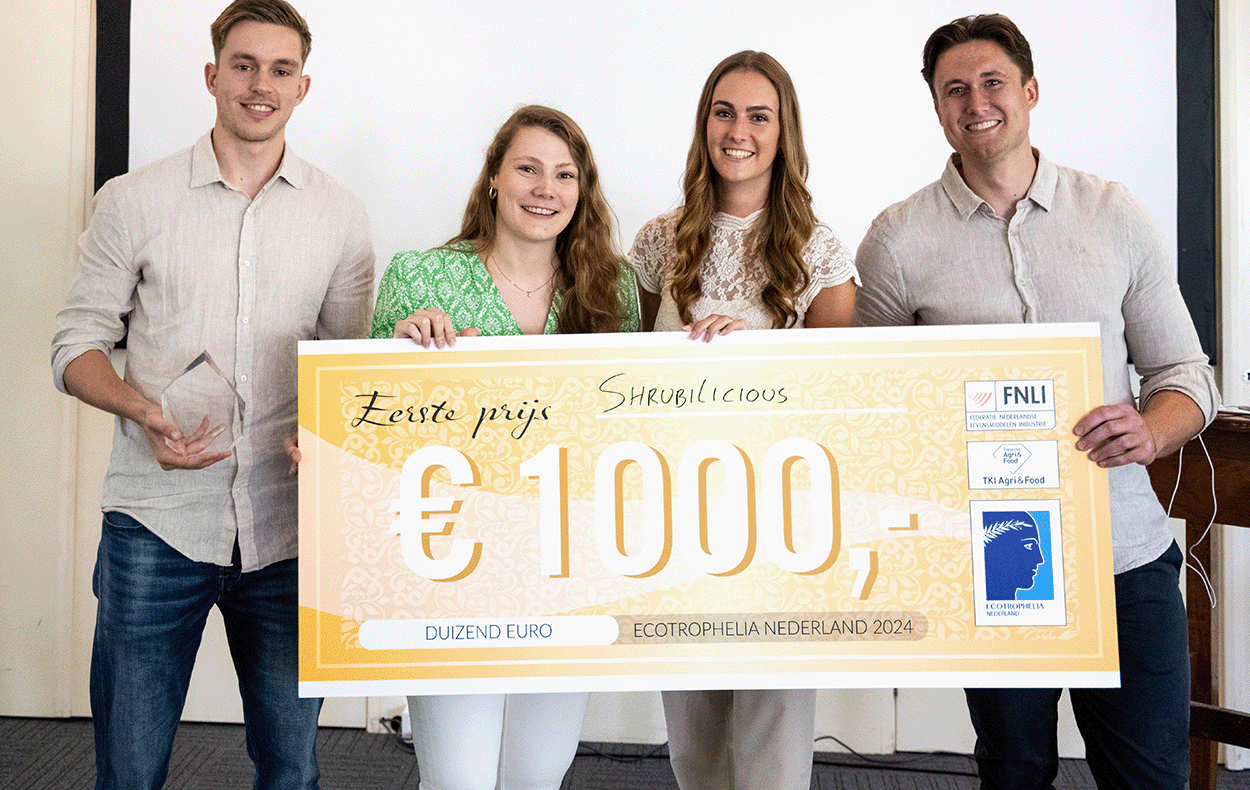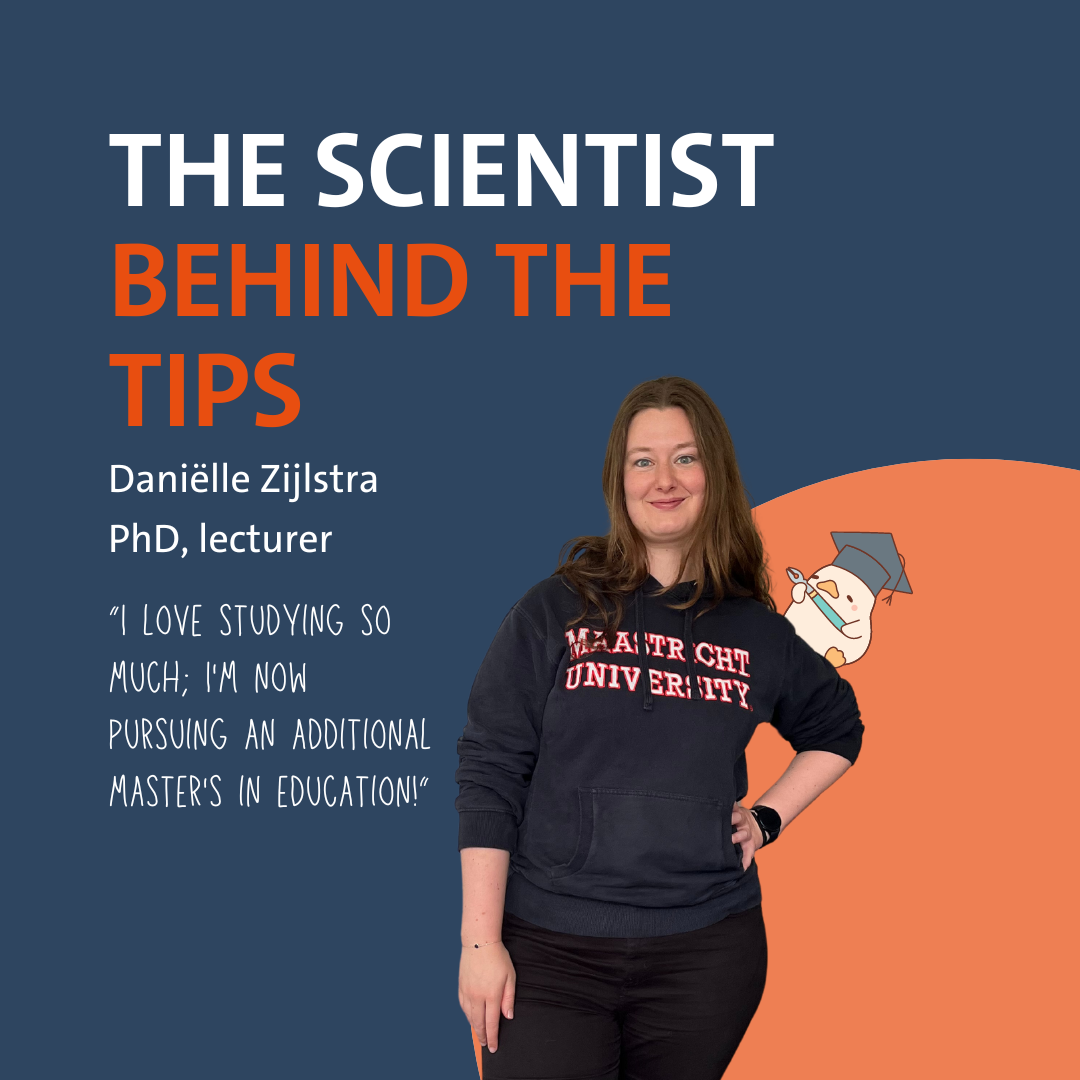“The desire to help is enormous"
It’s a bright spot in these dark times. Hundreds of Maastricht University medical students, from first-year students to residents, are springing into action at Maastricht UMC+. They’re screening visitors, monitoring COVID-19 patients or providing administrative assistance. In this way, they are making it possible to have extra hands at the patients’ bedside. Third-year medical student Joël Donckers: “I now see how essential the nurses are.”
This article is part of 'We're Open', a series of stories about the UM community’s many activities during the coronavirus pandemic.

Joël Donckers
“When the first strict measures were implemented, I just couldn't sit on the sidelines”, says Joël early in the morning. A bit run down, he’s just getting home after his umpteenth night shift. “If you can do something, I think you should roll up your sleeves.” Joël is a third-year student and immediately signed up when he heard about the initiative to take on medical students at Maastricht UMC+. His task is the behind-the-camera monitoring of patients in the regular COVID-19 wards. “I keep an eye on 10 to 15 isolated patients via screens. They can get restless, become delirious or fall out of bed. These are times when I warn the nursing staff. That way they don’t have to worry as much about their patients in between their usual rounds.”
Great willingness
Joël is one of the many medical students who are helping out at MUMC+. “The number of responses to our call was massive”, says Matthijs Bosveld. He is a fourth-year medical student himself and, together with Daan van Doorn, also a fourth-year, and fellow of acute internal medicine Dewa Westerman, he forms the rapidly established Medicine Coordination Team. This team takes care of the placements. Dewa: “The initiative was started in response to requests for help from the hospital. We first started asking around in our own network and later started working intensively with P&O.” Matthijs: “The first day, we already had 70 applications. There are now 200 placed, with another 100 students on the waiting list.” Daan: “The desire to help is enormous. It’s great to see the willingness to be there for others.”

F.l.t.r. Matthijs Bosveld, Dewa Westerman and Daan van Doorn
Screening visitors
Everyone is participating, from first-year students to residents (co-assistenten). The placement is based on their level of education and competences. Matthijs: “Bachelor’s students still have little clinical experience. They act as gatekeepers and screen visitors at the entrances of the hospital for COVID-like symptoms. If someone has a fever, their intake is done in a separate room and not in a waiting room.” Camera monitoring, as in Joel’s case, is done by a fourth-year resident along with a third-year bachelor’s student. A third position is that of medical scribe, which is filled by more experienced residents. They assist doctors with keeping medical records and statuses, for example. In addition, students have been put to work outside the coordinating team for COVID care, in a resuscitation team and in intensive care. Dewa: “They receive guidance on-site.”
Touching moments
Joël notices that the healthcare personnel are very enthusiastic about the contributions of the medical students. “It’s also nice that they communicate with us on an equal level.” What strikes him is that emotions play a major role in dealing with patients. “As a bachelor's student, I find that emotional aspect to be an eye-opener.” There have also been touching moments. “The grief of family members is intense. You experience close-up when a patient slips away, despite the great efforts of the nursing staff. It’s really scary when someone dies. Sometimes he is lying all alone or at the very last moment he sees a person wearing a face mask who touches him with a glove. That makes it even more sad.” This makes his work quite mentally taxing. Joël: “Luckily we can share this between two people. It also gives you the feeling that you’re not doing meaningless work and the care takes a lot of the pressure off.”
Safety
The coordinating team emphasises that, from the beginning, it puts the physical and mental well-being of the students first. Dewa: “We set the condition that they are physically safe and do not come into contact with COVID-19 patients. At the entrance, students are also provided with sufficient protective equipment such as masks and face shields.” There is also mental support. The MUMC+ Spiritual Care Service Team is closely involved. The team members are also on standby 24 hours a day, seven days a week to answer questions and respond to problems through apps.
Learning from one another
Despite the empty chairs in the classroom, the coronavirus crisis offers plenty of learning opportunities, the team members say. Daan: “In addition to acquiring more corona-specific knowledge, many medical students are being given the opportunity to work on other competencies such as collaborating and communicating by consulting with nurses, calling patients with test results and writing medical letters, for example. We want expand on this and offer education and training on the disease profile, for instance. Peer-to-peer discussion is also an important aspect. We want the students to learn from one another by discussing how they are doing and by giving tips. This is done in close cooperation with the hospital’s department of Psychiatry and Psychology.”
Crash course
The team members themselves feel as though they are taking a crash course in management and change management. Matthijs: “It has confronted us with a lot at lightning speed. We’re learning how to lead group processes with little information. A bit like Prime Minister Rutte said, with 50% of the information you have to make 100% of the decisions.” Daan: “It’s interesting how a country and its hospitals are handling things with little medical evidence for certain therapies. We actually know very little and yet we’re required to treat people.” Matthijs: “Because of this, you develop totally different competencies than when you’re sitting in a consultation room as a resident.”
From a young age
Joël's recent experiences have caused him to look at healthcare in a different way. “I now see how essential the nurses are. They want to provide the best care, work hard at often impossible times and yet remain empathetic. That is phenomenal. I hope the rest of the world will see this from now on.” He chose to study medicine because helping people was instilled in him from a young age. Both of his parents work in healthcare. “Because of what I’m experiencing, I’m even more motivated. I can’t really see myself as anything other than a healthcare provider.”
Also read
-
Maastricht University students have won the Dutch final of the student competition Ecotrophelia, a drinking vinegar based on apple cider vinegar, fruit and herbs.
-
In the upcoming months, we’ll share tips on Instagram for our students on how to live a healthier life. Not just a random collection, but tips based on actual research happening at our faculty. The brains behind this idea are Lieve Vonken and Gido Metz, PhD candidates at CAPHRI, the Care and Public...
-
In the upcoming months, we’ll share tips on Instagram for our students on how to live a healthier life. Not just a random collection, but tips based on actual research happening at our faculty. The brains behind this idea are Lieve Vonken and Gido Metz, PhD candidates at CAPHRI, the Care and Public...


